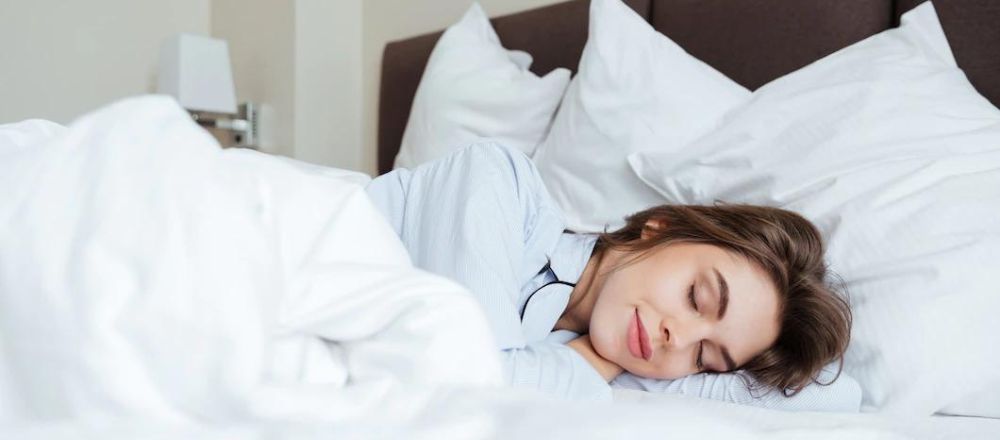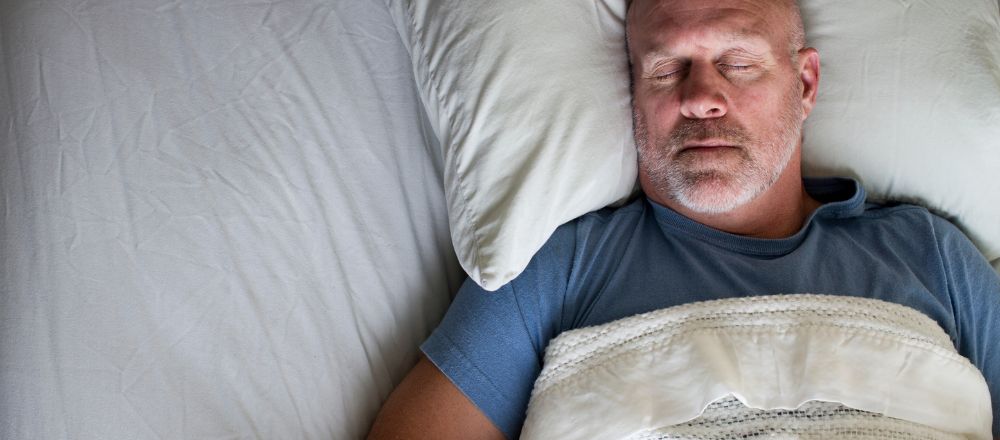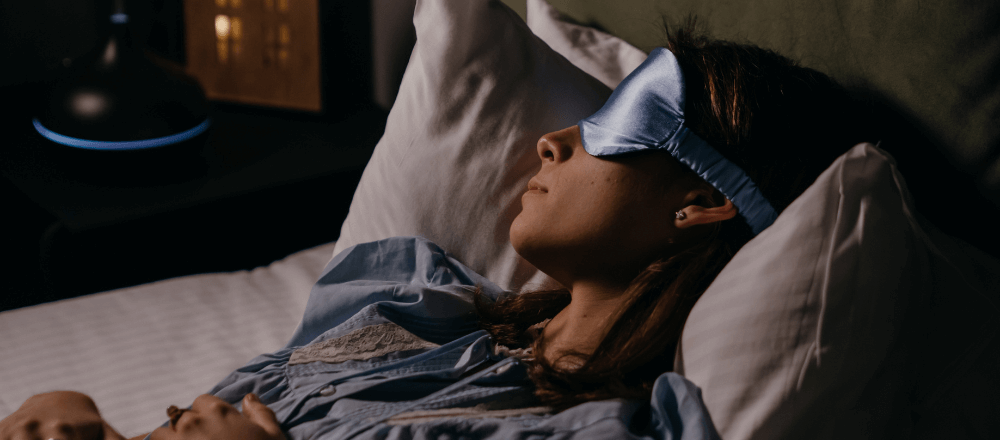Herbal Sleeping Zopiclone Tablets
We as a whole experience issue nodding off every once in a while Zopiclone Tablets. For a considerable lot of us – the fortunate ones – these times of restlessness are brief, and disappear rapidly when they happen.
Be that as it may, as studies have shown, up to 66% of Brits experience longer times of rest issues, going from trouble nodding off to awakening during the evening and being not able to return to rest.
Order Sleeping Pills Now!
Could Herbal Sleeping Tablets Truly Assist Us With Sleeping Better?
Indeed. Viable normal rest cures do exist. Also, indeed, they can be similarly pretty much as compelling as remedy strong sleeping pills or over-the-counter tranquilizers, and without the secondary effects those prescriptions can accompany. In this article, we give data about herbal rest items that can assist you with getting the rest you want.
Physicians endorsed meds work to assist you with nodding off. So do large numbers of the best over-the-counter tranquilizers. That is a major check in the 'Professionals' section, so these prescriptions can be a genuine gift to somebody who has been stuck in a pattern of restlessness for quite a while.
Simultaneously, these meds regularly have genuine incidental effects, including the danger of reliance, and conceivable withdrawal manifestations when you quit utilizing them.
Buy Zopiclone, the USA's most famous sleeping pill, for instance, ought to just be taken with a limit of 2 a month. After that time, it quits having similar impacts and is probably going to become propensity framing.
For this situation, individuals wind up taking ever more elevated portions which prompts sleeping too profoundly and experiencing inordinate drowsiness the following day.
Symptoms Of Taking Sleeping Pills
Continuously get some information about expected aftereffects prior to concluding which sleeping pills to think about taking. Contingent upon the kind, remedy best sleeping pills might incorporate secondary effects, for example,
Unsteadiness or tipsiness, which might prompt falls
Migraine
Gastrointestinal issues, like the runs and queasiness
Delayed sluggishness, all the more so with drugs that assist you with staying unconscious
Serious unfavorably susceptible response
Rest related practices, like driving or eating when not completely alert
Daytime memory and execution issues
What is Nytol One-A-Night?
Nytol One-A-Night is a clinically demonstrated tranquilizer that assists you with floating off, rest sufficiently and awakens revived following an entire evening's rest. Used to mitigate brief restlessness.
Nytol One-A-Night might be a decent decision for you if you've utilized sleeping guides before, or are searching for an advantageous portion as a component of your sleep time schedule. Just taking a solitary tablet 20 minutes before bed can assist you with floating off, working on the profundity and nature of your rest.
How does Nytol One-A-Night work?
We should get a little sciencey briefly. Nytol One-A-Night contains an ordinarily utilized antihistamine called diphenhydramine hydrochloride (trust us it's more straightforward to use than to say!) It works by hindering the typical activities of histamine, the synthetic that animates excitement advancing spaces of the cerebrum.
What are the Benefits of Using Herbal Sleeping Tablets & OTC Sleep Aids
Sleeping tablets are a drug that is prescribed to people who suffer from insomnia. These drugs help people fall asleep and stay asleep throughout the night. They work by depressing the central nervous system, which in turn relaxes the muscles and slows down brain activity.
There are two types of sleeping tablets: prescription-only and over-the-counter (OTC). Prescription sleeping tablets are only available with a doctor's prescription, whereas OTC sleep aids can be purchased without a prescription at most convenience stores or supermarkets.
If you're looking for an herbal alternative to sleep aids, there are many different options available on our website.










